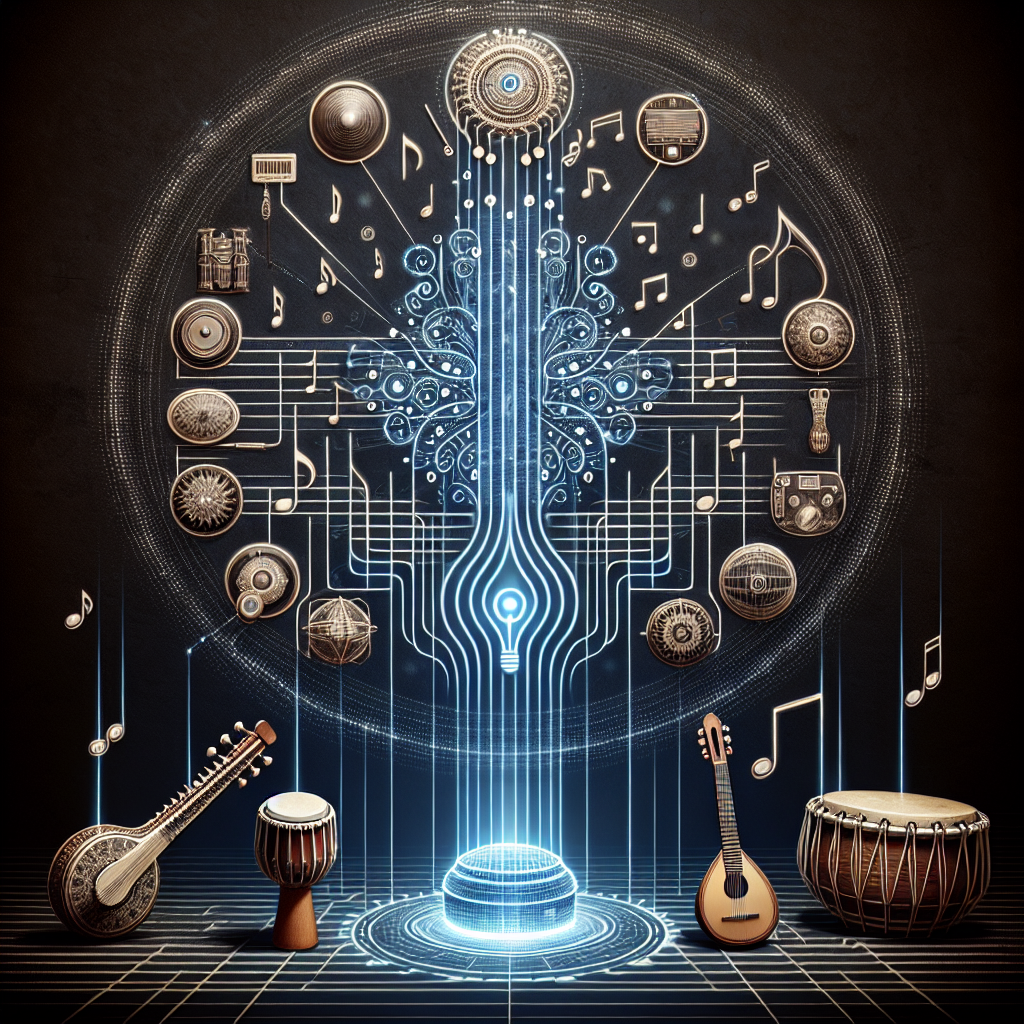The Role of AI in Preserving and Digitizing Musical Heritage
Music has always been an essential part of human culture and history. It plays a crucial role in preserving traditions, emotions, and stories that are passed down through generations. However, with the rapid advancement of technology and the digital age, there has been a growing concern about the preservation of musical heritage. Many recordings, sheet music, and other artifacts are at risk of being lost or destroyed if not properly preserved and digitized.
This is where artificial intelligence (AI) comes into play. AI has the potential to revolutionize the way we preserve and digitize musical heritage. It can help us to not only preserve existing recordings and artifacts but also to uncover hidden treasures and insights that were previously inaccessible.
One of the key ways AI is being used in preserving musical heritage is through the digitization of analog recordings. Many historical recordings are in danger of deteriorating over time, making them unplayable and at risk of being lost forever. AI can be used to clean up and enhance these recordings, making them accessible for future generations to enjoy.
Furthermore, AI can be used to transcribe and analyze musical scores, making it easier to digitize and preserve sheet music and other written artifacts. This can help researchers and musicians to better understand the structure and composition of historical pieces, as well as to uncover new insights and connections between different musical traditions.
AI can also be used to help identify and categorize musical artifacts, making it easier to organize and access large collections of recordings, sheet music, and other materials. This can help to ensure that musical heritage is preserved and made accessible to a wider audience.
In addition to preserving existing musical heritage, AI can also be used to create new music that is inspired by traditional styles and techniques. By analyzing large datasets of historical recordings and compositions, AI can generate new pieces of music that reflect the spirit and style of different musical traditions. This can help to keep traditional music alive and relevant in the digital age.
Overall, the role of AI in preserving and digitizing musical heritage is crucial in ensuring that future generations have access to the rich and diverse musical traditions of the past. By leveraging the power of AI, we can unlock new insights, preserve fragile recordings, and create new music that is inspired by the past.
FAQs:
1. How does AI help in preserving analog recordings?
AI can be used to clean up and enhance analog recordings, making them accessible for future generations to enjoy. This can help to prevent the deterioration of historical recordings and ensure that they are preserved for years to come.
2. How does AI transcribe and analyze musical scores?
AI can be used to transcribe musical scores, making it easier to digitize and preserve sheet music and other written artifacts. AI can also analyze musical scores to uncover new insights and connections between different musical traditions.
3. How does AI help in identifying and categorizing musical artifacts?
AI can be used to help identify and categorize musical artifacts, making it easier to organize and access large collections of recordings, sheet music, and other materials. This can help to ensure that musical heritage is preserved and made accessible to a wider audience.
4. How does AI create new music inspired by traditional styles?
By analyzing large datasets of historical recordings and compositions, AI can generate new pieces of music that reflect the spirit and style of different musical traditions. This can help to keep traditional music alive and relevant in the digital age.

